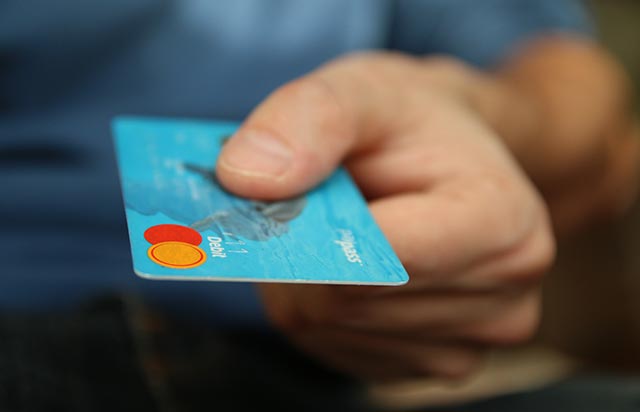Easy Ways to Detect Identity Theft
Main Content

March 10, 2017
Written by Gina Sanchez Juarez, Manager of the Center for Financial Stability at La Casa de Esperanza, Inc
According to the Federal Trade Commission, as many as 9 million people have their identities stolen each year. Identity theft can mean that someone is using your personal information to open accounts, make purchases, or file taxes. These acts can damage your credit status and cost you time and money to fix.
It can be difficult to know whether or not your information is secure, but early detection of identity theft is crucial. Here are some easy steps to add to your financial routine:
- Review accounts. Once a month review all your statements for any checking, savings, or credit card accounts. Remember that even the smallest changes or occurrences can be a sign of theft. Often, a thief will take small amounts at a time. If you see something that does not look correct, report it to your financial institution.
- Check your credit report. Review your free credit reports from the three major credit bureaus; Experian, Equifax and TransUnion. If you notice accounts being opened that you don’t recognize, inquiries you didn’t initiate or incorrect information on your accounts, it could be sign that someone has stolen your identity. Contact the credit bureaus and creditor to file a dispute.
- Confirm your personal details. Be sure all personal information on your report is correct. Name, social security number, address, and date of birth. If you find a mistake contact the credit bureaus (Experian, Equifax & TransUnion) to get it corrected as soon as possible.
- Open all bills. Open every bill and don’t ignore the ones that you feel are a mistake. This could mean someone else is opening up accounts in your name. If you notice a mistake or something strange, contact the creditor and credit bureaus to file a dispute.
Tip: You can also file a complaint with the Consumer Financial Protection Bureau by visiting: www.consumerfinance.gov.
Sources: Consumer Financial Protection Bureau (CFPB), Federal Trade Commission (FTC).